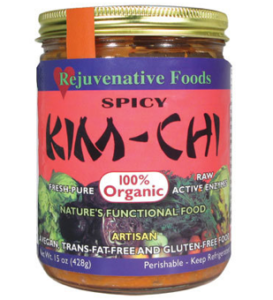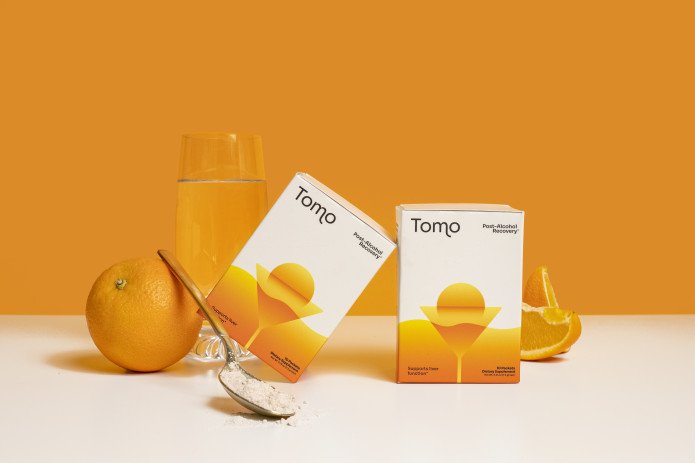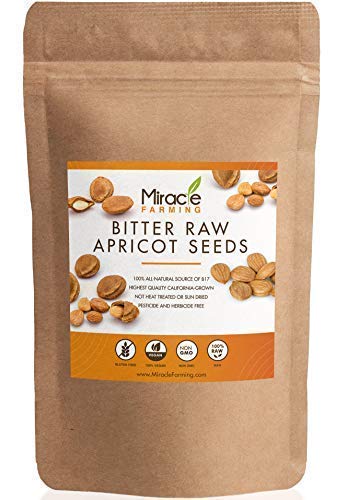
Alkaline Water Plus
Are there really any benefits to drinking alkaline water?
Warning letter to Healthtime (aka Deer Garden Foods) outlines problems that run afoul of federal advertising law.
It’s illegal to promote products as drugs without FDA approval.
 In a July 24 warning letter to Healthtime (aka Deer Garden Foods), the firm behind such products as “100% Organic Evening Primrose Oil,” “Spicy Kim Chi,” and “Fresh Raw Almond Butter,” the FDA’s Kathleen M. Lewis wrote:
In a July 24 warning letter to Healthtime (aka Deer Garden Foods), the firm behind such products as “100% Organic Evening Primrose Oil,” “Spicy Kim Chi,” and “Fresh Raw Almond Butter,” the FDA’s Kathleen M. Lewis wrote:
The therapeutic claims on your websites establish that the products are drugs because they are intended for the use in the cure, mitigation, treatment, or prevention of disease.
But the products don’t have the science-backed FDA approval required for interstate marketing as drugs, and therefore marketing them as such violates the federal Food, Drug and Cosmetic Act, Lewis stated in the letter.
The unsubstantiated health claims appear online at www.rejuvenative.com and www.rawoils.com. The letter gives examples that it states “provide evidence that (the) products are intended for use as a drug.” In the case of the primrose oil product:
Under these claims on the website (at least as of Aug. 13, 2014) is the note, “Health benefits adapted from wholehealthmd.com,” whatever that means, as well as the disclaimer that the statements have not been OK’d by the FDA, which we already knew.
The FDA also found fault with “Spicy Kim Chi,” which a website claims “has been shown to reduce the growth of cancer,” and “Fresh Raw Almond Butter,” which a website claims has been “shown to reduce cholesterol and the risk of heart disease.”
The FDA letter also points out an issue with misbranding, stating that labeling “fails to bear adequate directions for use.” The agency requests that the firm take immediate corrective action or else face possible regulatory punishment.
For more of our coverage on the marketing of drugs, click here.
Our Ad Alerts are not just about false and deceptive marketing issues, but may also be about ads that, although not necessarily deceptive, should be viewed with caution. Ad Alerts can also be about single issues and may not include a comprehensive list of all marketing issues relating to the brand discussed.
Are there really any benefits to drinking alkaline water?
TINA.org breaks down the legal issues of marketing a “hangover supplement.”
How Amazon steers consumers toward unproven and potentially dangerous products containing a fake vitamin called B17.

